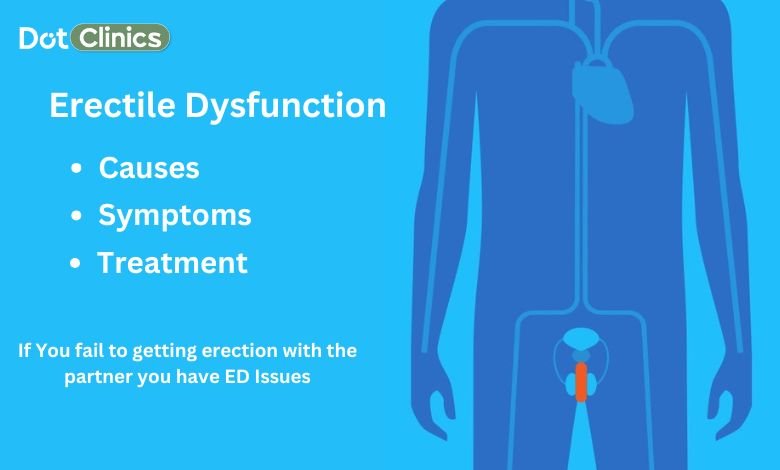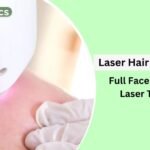Erectile dysfunction (ED), also known as impotence, is a persistent or recurrent condition in men characterized by the inability to achieve or maintain a firm erection sufficient for satisfactory sexual activity. It is a common concern that affects millions of men worldwide. While occasional difficulties with erections are normal, persistent issues can impact confidence, relationships, and overall well-being. Understanding the causes and exploring effective treatments is the first step toward regaining a satisfying sex life.
Causes of Erectile Dysfunction
Erectile dysfunction can be linked to various physical and psychological factors. Identifying the root cause helps determine the best course of treatment.
Physical Causes and Their Reasons:
- Cardiovascular diseases – Conditions like atherosclerosis reduce blood flow to the penis, making it difficult to achieve an erection.
- High blood pressure and cholesterol – These impair blood vessel function, restricting circulation necessary for a firm erection.
- Diabetes and obesity – High blood sugar damages nerves and blood vessels, leading to poor erectile response.
- Hormonal imbalances – Low testosterone or thyroid issues can impact libido and erection quality.
- Peyronie’s disease – Scar tissue buildup causes penile curvature, leading to pain and erection difficulties.
- Side effects of certain medications – Drugs for depression, high blood pressure, and other conditions may interfere with erectile function.
Psychological Causes and Their Reasons:
- Anxiety and depression – Mental health issues can reduce sexual desire and affect performance.
- Chronic stress – Increased cortisol levels negatively impact testosterone production and sexual response.
- Relationship problems – Emotional disconnect or unresolved conflicts can lead to ED.
- Performance pressure – Fear of failure can cause psychological ED, making the issue worse over time.
Effective Erectile Dysfunction Treatments
The good news is that erectile dysfunction treatment is highly effective when tailored to the underlying cause. Here are the most recommended options:
1. Lifestyle Modifications and How to Implement Them
Adopting a healthier lifestyle can significantly improve erectile function. Here’s how to make these changes:
- Regular exercise – Engaging in 30–45 minutes of cardiovascular activity (such as walking, cycling, or swimming) at least five days a week improves blood circulation and heart health.
- A balanced diet – Incorporate foods rich in antioxidants, lean protein, whole grains, and healthy fats to support vascular health.
- Reducing alcohol and quitting smoking – Limiting alcohol intake and stopping tobacco use can enhance blood flow and hormone levels.
- Managing stress – Practicing mindfulness, meditation, and breathing exercises can help regulate stress hormones and boost testosterone.
- Improving sleep quality – Aim for 7–9 hours of quality sleep per night to optimize hormone production and energy levels.
2. Medications
Prescription drugs such as phosphodiesterase type-5 (PDE5) inhibitors can enhance blood flow to the penis, providing effective relief for many men.
3. Hormonal Therapy
For those with testosterone deficiencies, hormone replacement therapy can restore normal levels and improve sexual function.
4. Advanced Treatments
When conventional treatments don’t work, advanced options such as:
- Shockwave therapy – Stimulates natural blood vessel growth.
- Platelet-rich plasma (PRP) therapy – Enhances tissue repair and blood circulation.
- Penile implants – A long-term solution for severe erectile dysfunction (ED).
Finding the Right Solution
Erectile dysfunction is a treatable condition, and seeking professional help can make a significant difference. At Dot Clinics, our experienced specialists offer state-of-the-art treatments tailored to each individual’s needs. If you’re facing challenges with erectile dysfunction treatment, schedule a consultation today to explore the best solutions for you.
Conclusion
ED is a common yet manageable condition with multiple treatment options. Whether through lifestyle changes, medications, or advanced therapies, finding the right solution can restore confidence and improve overall quality of life. Don’t hesitate to seek expert advice—effective treatments are available to help you regain control.



